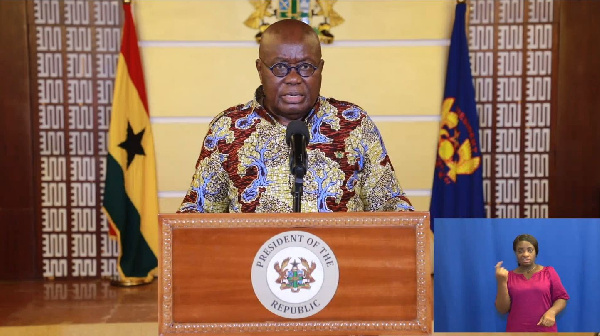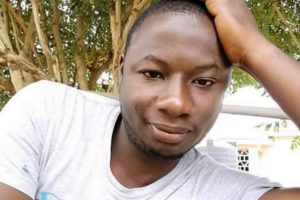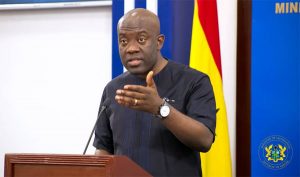President Nana Akufo Addo has stated that democracy is under threat if International Community doesn’t prevent further military takeovers on the African continent.
According to Akufo-Addo, “Statements condemning coups alone without corresponding action will, however, achieve little or nothing, as witnessed in recent times. This problem requires collective agreement, effective deterrence, bold action and, equally important, adequate preventive measures.”
The President made this known when he delivered keynote address at a side-event organized by the United Nations Development Programme (UNDP), on the sidelines of the Munich Security Conference, in Munich, Germany, on Friday.
In the past year, there have been coups in Mali, Chad, Sudan, Burkina Faso and Guinea, and attempts to overthrow governments in the Central African Republic (CAR), Ethiopia and Guinea-Bissau.
Violent extremism has also spread due to the political and economic marginalization of some communities, the difficulties of transitioning to democracy, and governments’ failure to modernize their defence and security sectors.
Quoting from the 2019 Annual Risk of Coup Report, he indicated that Africa has experienced more coup d’états than any other continent, which, he said, is “an unsavoury statistic”.
Citing the case of Ghana, President Akufo-Addo noted that political instability described much of the early decades of the nation’s life as an independent nation, and Ghana became notorious for sampling every and any type of political experiment.
“The one-party-state of the First Republic was overthrown in our first military coup, and the Second and Third Republics, which were practicing democratic governance, were also overthrown by coup d’états. My father, President of the 2nd Republic, was overthrown some fifty-one (51) years ago, on 13th January 1972. Kutu Acheampong’s coup brought his stay in office to an end,” he said.
The President continued, “the instability instigated the collapse of the economy, and led to the exodus from the country of many citizens and professionals. We have probably not still recovered from the tendency to want to leave the country as the answer to difficult situations.”







